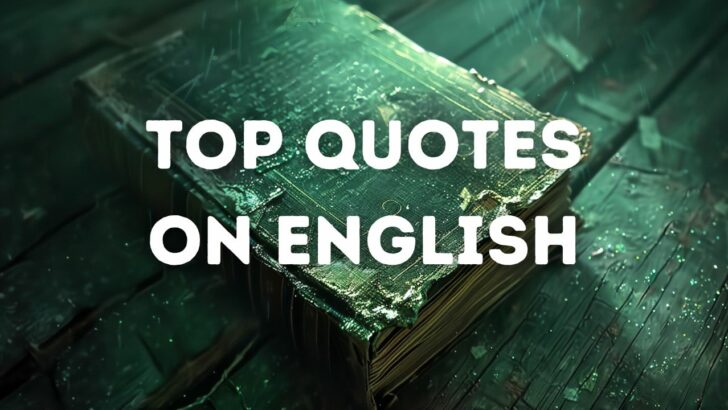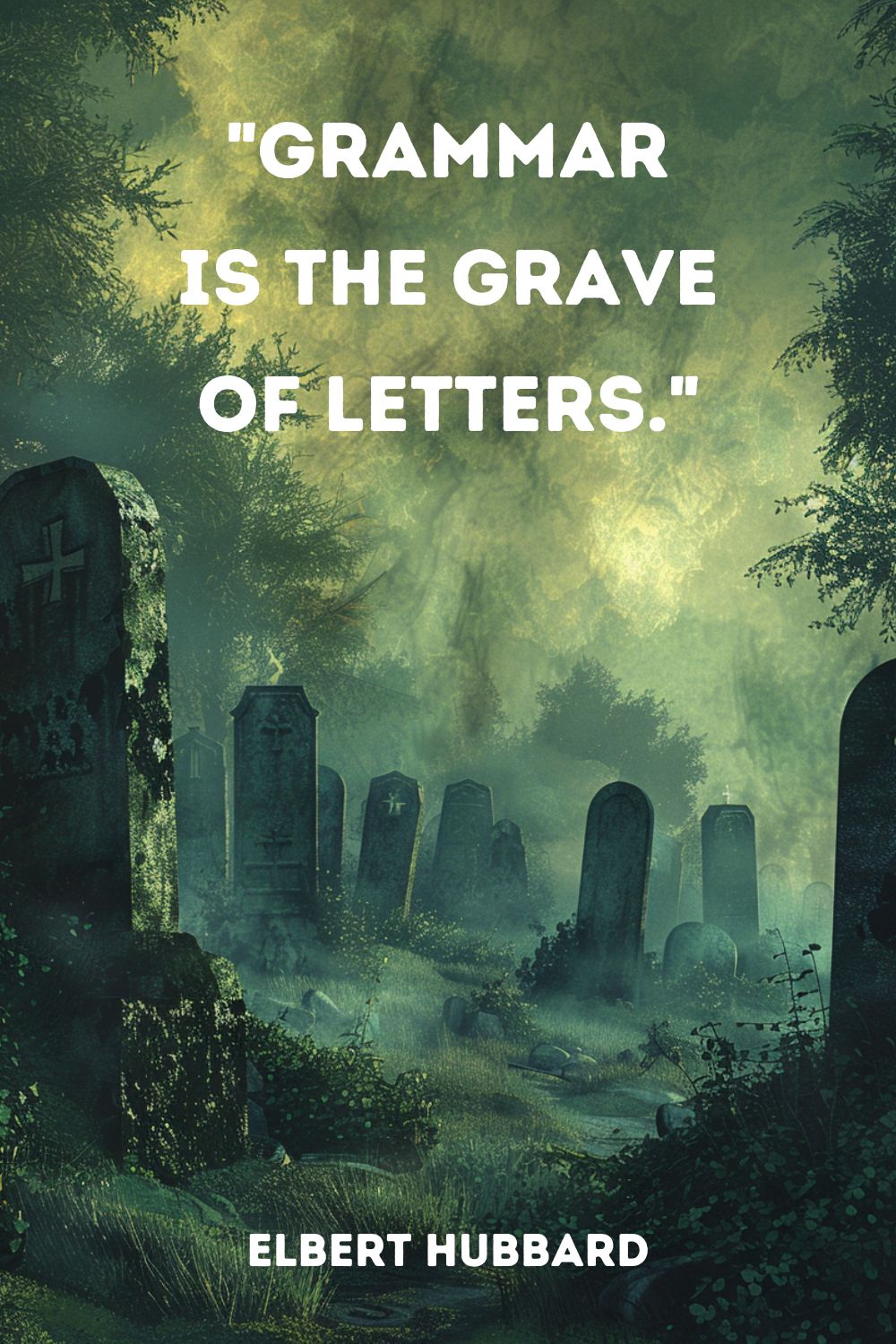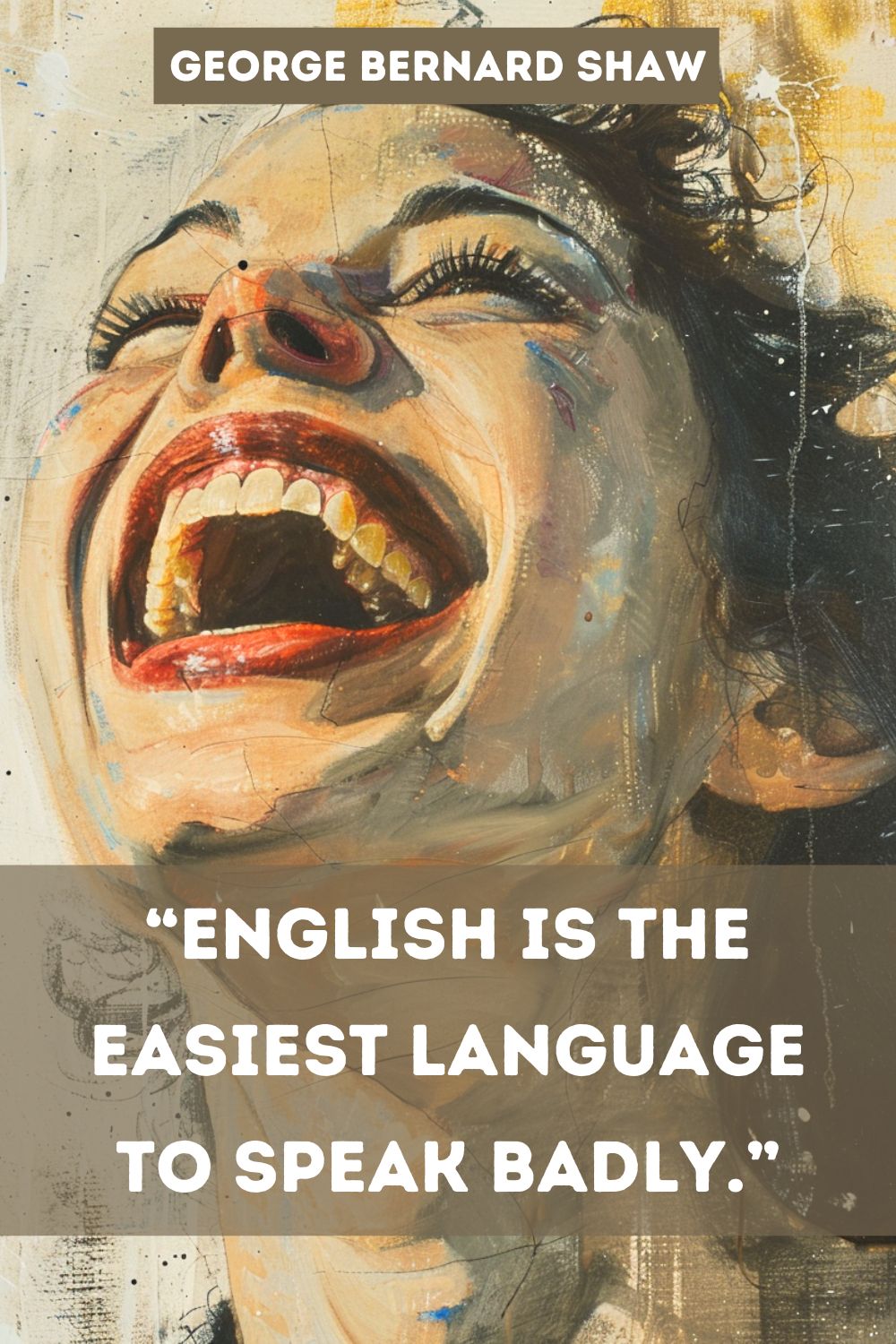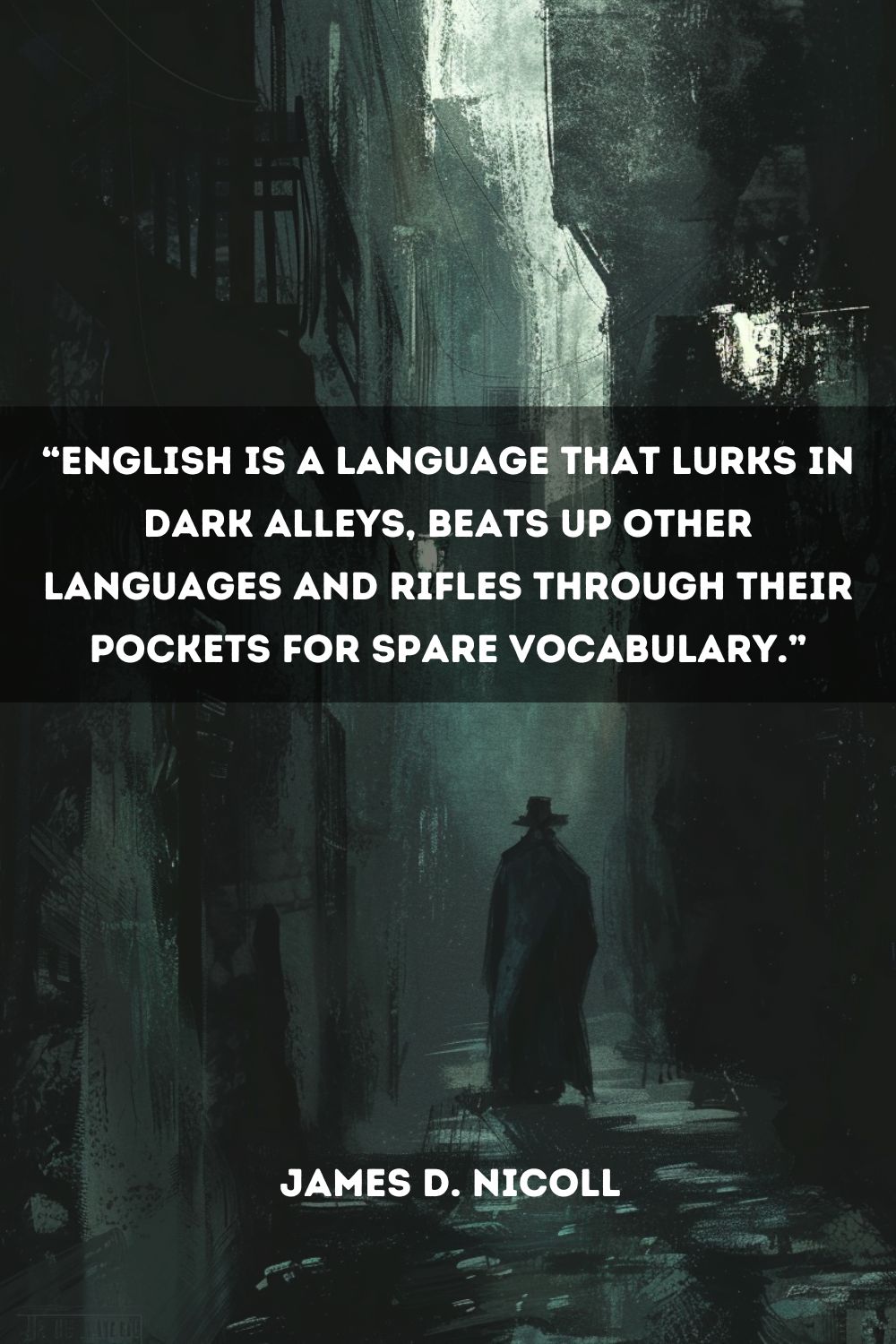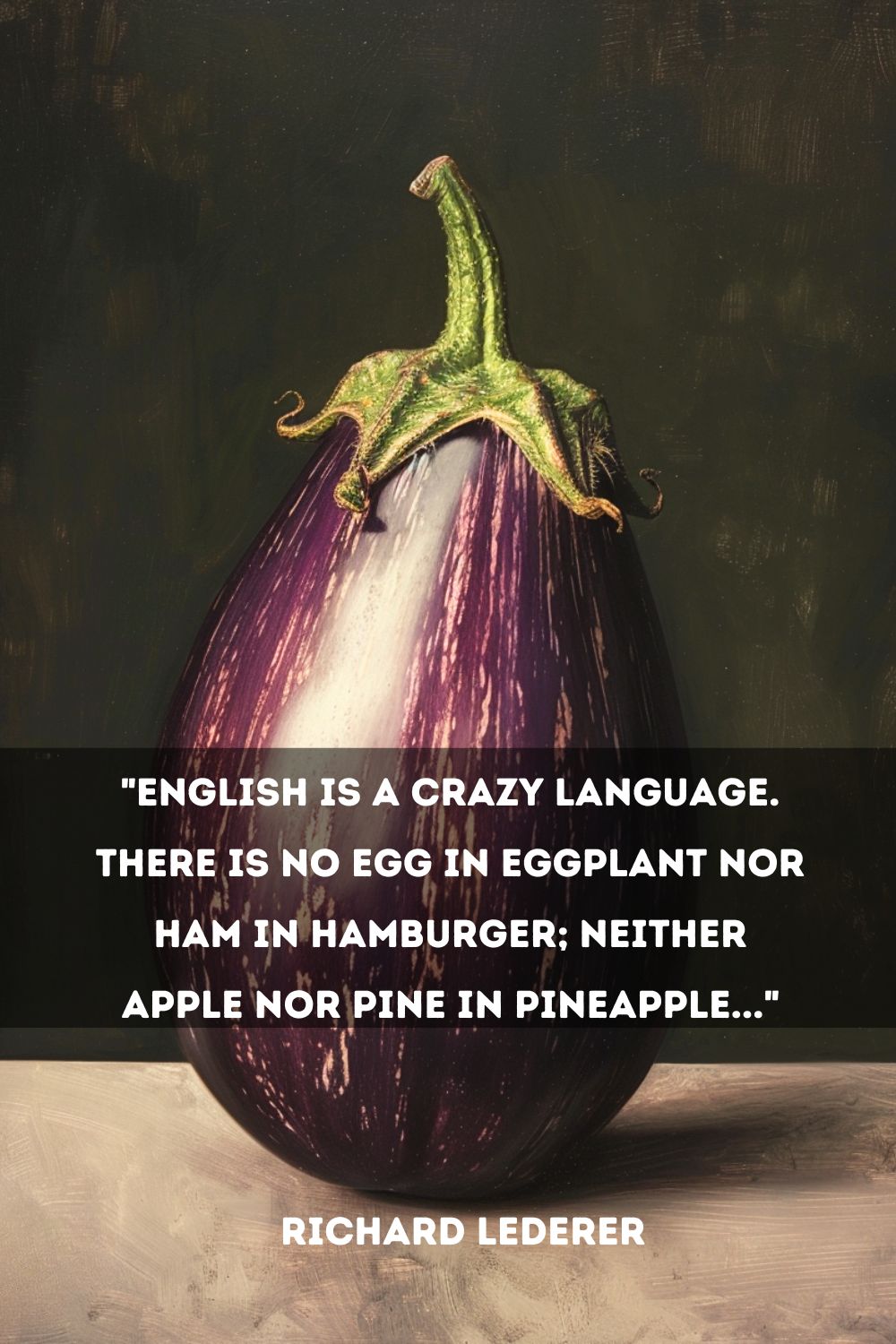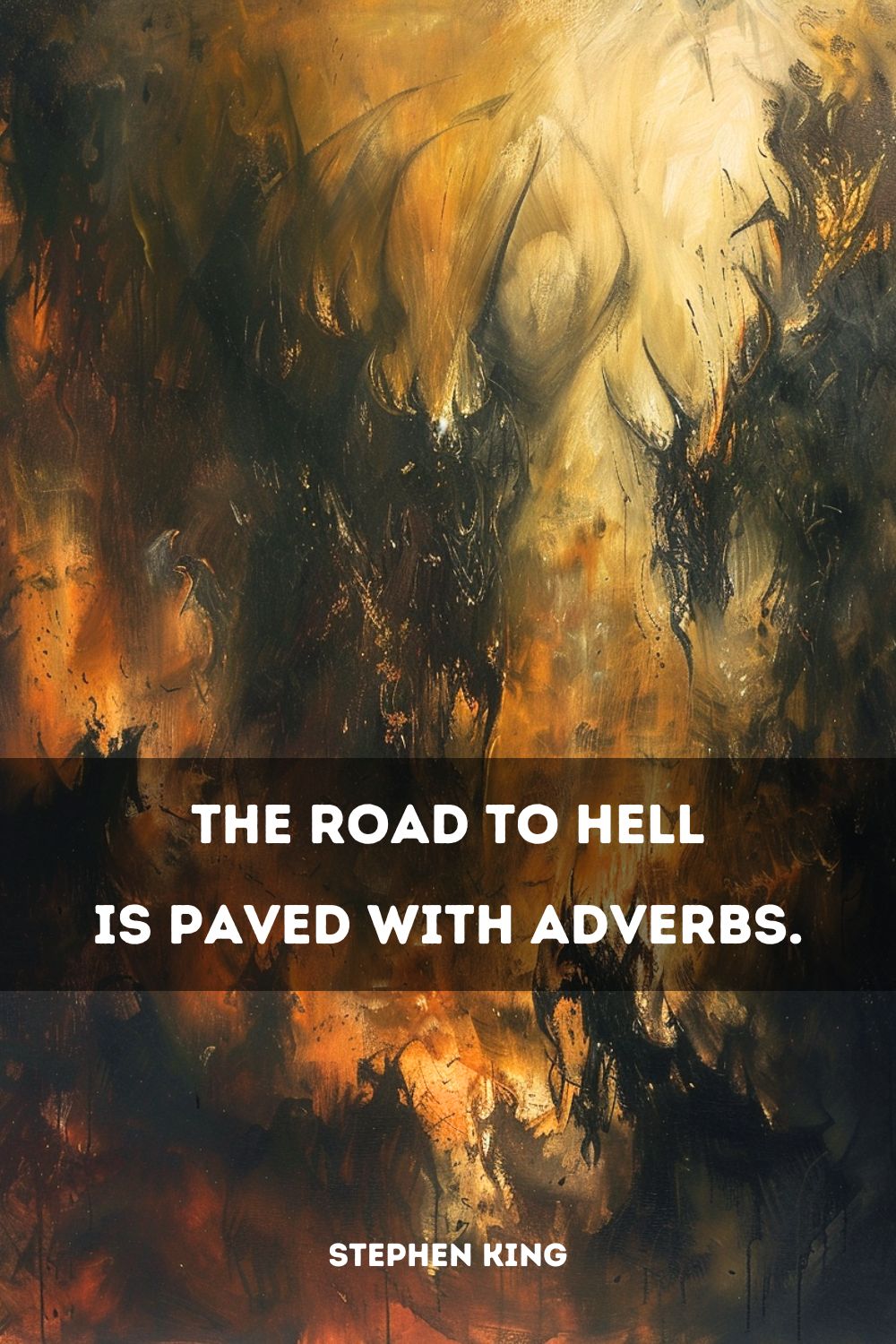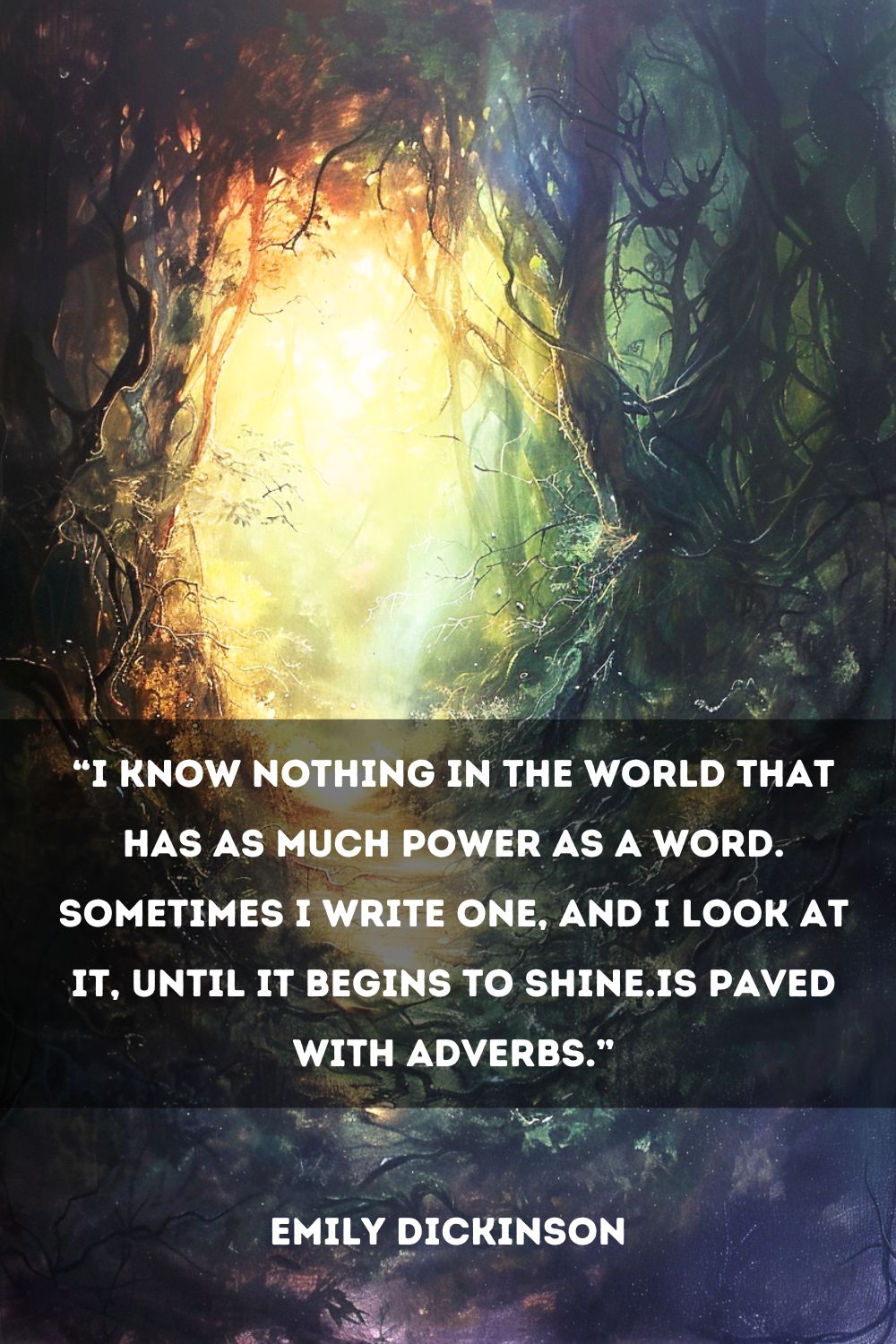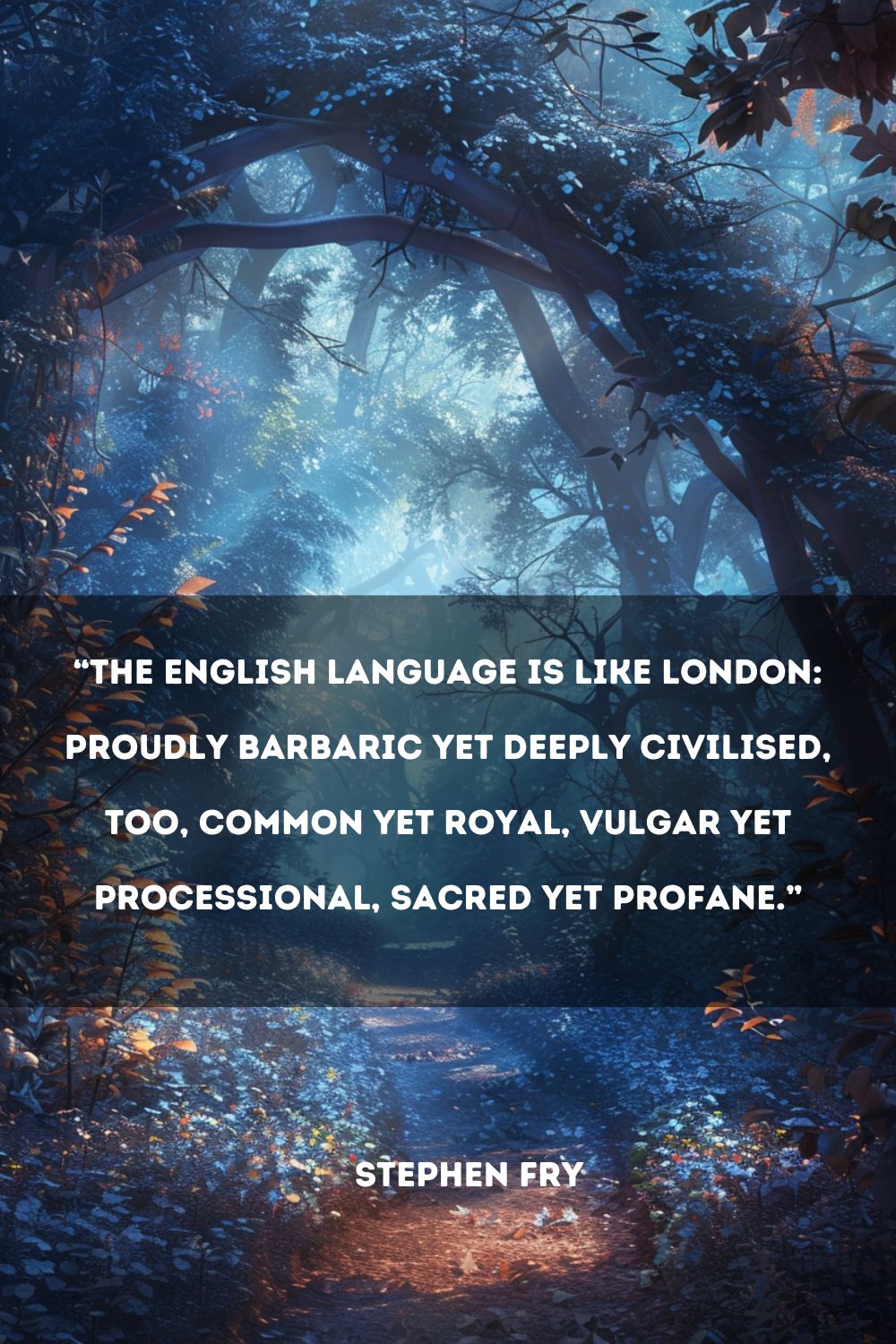Dive into a collection of insightful and often humorous reflections on the English language. From its bizarre inconsistencies to the profound power of its words, these quotes from literary giants and thinkers reveal the unique character and challenges of mastering English.
1. “Grammar is the Grave of Letters” — Elbert Hubbard
Elbert Hubbard humorously suggests that strict adherence to grammatical rules can stifle creativity and expression, portraying grammar as a limiting rather than liberating force in language.
2. “English is the easiest language to speak badly.” — George Bernard Shaw
Shaw wittily critiques how English can be easily and often improperly used, highlighting its flexibility and the challenges it poses for precise communication.
3. “In English, you can tell someone to go away in far more words than you can in any other language and still sound quite polite.” — Unknown
This quote plays on the idea that English allows for a high level of politeness and indirectness, even in conveying dismissive sentiments, showcasing the language’s nuanced capability for diplomacy.
4. “English is a language that lurks in dark alleys, beats up other languages and rifles through their pockets for spare vocabulary.” — James D. Nicoll
James D. Nicoll offers a colorful metaphor for English’s history of borrowing extensively from other languages, emphasizing the eclectic and aggressive manner in which English has expanded its lexicon.
5. “English is a crazy language. There is no egg in eggplant nor ham in hamburger; neither apple nor pine in pineapple…” — Richard Lederer
Richard Lederer highlights the peculiarities and inconsistencies in English vocabulary that often confuse both learners and native speakers alike. His observation underscores the whimsical and often illogical aspects of the language.
6. “The difference between the almost right word and the right word is really a large matter—it’s the difference between the lightning bug and the lightning.” — Mark Twain
Mark Twain uses this metaphor to illustrate the significant impact of choosing the exact, most fitting word in communication, comparing the subtlety and power of language to natural phenomena.
7. “The road to hell is paved with adverbs.” — Stephen King
Stephen King criticizes the overuse of adverbs in writing, suggesting that excessive reliance on these modifiers can lead to poor writing quality, a humorous take on crafting effective prose.
8. “I know nothing in the world that has as much power as a word. Sometimes I write one, and I look at it, until it begins to shine.” — Emily Dickinson
Dickinson reflects on the profound power of individual words, highlighting how a single term can evoke emotion and meaning, transforming through contemplation into something luminous and powerful.
9. “Language is the armory of the human mind, and at once contains the trophies of its past and the weapons of its future conquests.” — Samuel Taylor Coleridge
Johnson eloquently describes language as both a repository of historical achievements and a tool for future intellectual and cultural endeavors, emphasizing its dual role in human civilization.
10. “I learned English by going to America and marrying an Englishman who didn’t speak French. That helped.” — Catherine Deneuve
This quote by Catherine Deneuve humorously details her method of learning English through immersion and necessity, rather than traditional study. By marrying an Englishman who didn’t speak French, Deneuve was thrust into an environment where communication in English was essential, effectively forcing her to adapt and learn the language. This anecdote not only sheds light on her personal life and challenges but also highlights the practical, real-world application of language learning through intimate, everyday interactions.
11. The English language is like London: proudly barbaric yet deeply civilised, too, common yet royal, vulgar yet processional, sacred yet profane. — Stephen Fry
Stephen Fry’s comparison of the English language to London vividly illustrates its dynamic and contradictory nature. By describing it as “proudly barbaric yet deeply civilized,” and “common yet royal,” he captures the broad spectrum of contexts and registers that English accommodates, from the street to the throne. He further explores this duality by highlighting English as both “vulgar yet processional” and “sacred yet profane,” emphasizing its capacity to embrace and express the full range of human experience.
12. To understand English is one thing; to understand an Englishman who talks is another. — Aleister Crowley
Aleister Crowley wittily distinguishes between knowing the English language and comprehending an English speaker. His remark underscores the nuanced complexities of colloquial English, filled with idiomatic expressions, regional accents, and cultural references that can mystify even fluent speakers.
13. Writing in English is like throwing mud at a wall. — Joseph Conrad
Joseph Conrad’s metaphor of writing in English as “like throwing mud at a wall” vividly conveys the messy and unpredictable nature of the creative process when using the English language. This imagery suggests that crafting sentences in English can be haphazard, with words and phrases not always landing as intended, mirroring the chaotic splatters of mud.
It reflects the challenges faced by writers in shaping their thoughts precisely and effectively, especially poignant coming from Conrad, who was a Polish native and learned English as an adult before becoming one of its literary masters.

Hey fellow Linguaholics! It’s me, Marcel. I am the proud owner of linguaholic.com. Languages have always been my passion and I have studied Linguistics, Computational Linguistics and Sinology at the University of Zurich. It is my utmost pleasure to share with all of you guys what I know about languages and linguistics in general.

